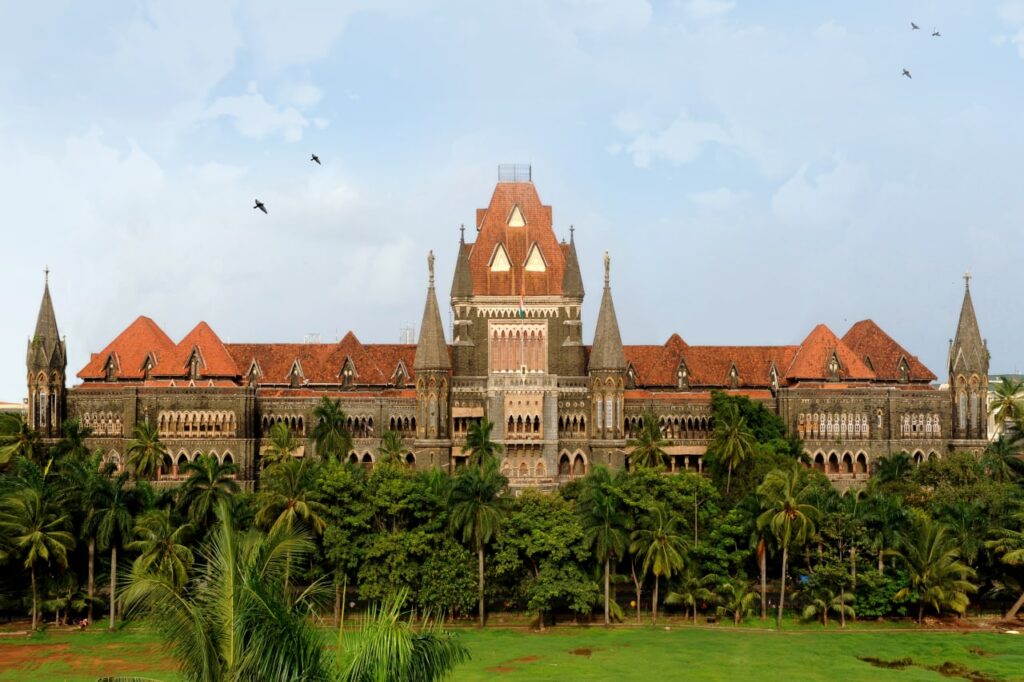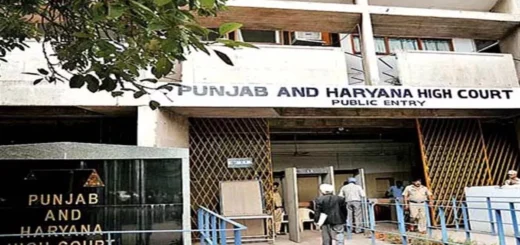Bombay High Court Grants Bail to Accused in 191 Kg Heroin Case, Rules Clearing Agent or Facilitator Should Not Know Exact Contents of Consignment.

The Bombay High Court has granted bail in a case involving a 191 kg heroin seizure. The court noted that a Clearing Agent or someone helping the agent is not required to know the exact contents of the consignment, even though the bills must list them. This decision came while reviewing a bail request from a man accused in the drug case who worked as a Clearing Agent. Justice Bharat P. Deshpande stated that the Clearing Agent is not expected to know the specific materials in the consignment, especially since it came from abroad and needed customs clearance. Customs officials suspected illegal activity, which led to a raid by the DRI.
The applicant was represented by Advocate Dr. Sujay Kantawala, while Advocate Thakker Ruju represented the respondent. The applicant’s lawyer argued that he was merely assisting Accused No. 1 in clearing the consignment and had no ties to the drugs found. He pointed out that Accused No. 2 is accused of transporting the drugs, and aside from statements made under Section 67 of the Narcotic Drugs and Psychotropic Substances Act, 1985, there is no other evidence linking the applicant to the crime. The lawyer also mentioned that the trial is progressing slowly and the applicant has been in custody for three years.
The Applicant argued that he has the right to a speedy trial, and if this right is not granted, the strict rules of Section 37 of the NDPS Act should not apply to him. In contrast, the Special Public Prosecutor stated that the statement of Accused No. 1 was taken under Section 67 of the NDPS Act, which revealed the Applicant’s involvement. Consequently, the Applicant was summoned, and his statement was recorded, showing his connection with Accused No. 1 and others. Regarding the confessional part recorded under Section 67, the court referenced a Supreme Court ruling in Toofan Singh Vs. State of Tamil Nadu, which established that statements made under Section 67 cannot be treated as confessions in NDPS Act trials. This is because the officers with authority under Section 53 are considered police officers under Section 25 of the Evidence Act, making any confession to them inadmissible in court.
Therefore, the court concluded that any statement made by the Applicant under Section 67 of the NDPS Act cannot be used against him as a confession or admission in the trial. Similarly, statements from other accused individuals recorded under this section also cannot be used against the Applicant. The court further noted that sending documents for clearance to Accused No. 1 via WhatsApp cannot be viewed with suspicion, as the Applicant was acting as a Clearing Agent and was entitled to receive fees for clearing the consignment.
The court noted that the transactions mentioned by the respondent only relate to fees for clearing the consignment. These amounts are small, only a few thousand, and do not raise any suspicion about drug dealing. The court emphasized that a Clearing Agent or someone helping to clear the consignment is not expected to know the exact contents of it.
The applicant was not present when the consignment was opened and searched. It was Accused No.1 who was there during the search and was responsible for clearing the consignment, even though it was claimed on behalf of Accused Nos. 2 and 4. Therefore, the evidence collected against the applicant is insufficient to support the case, and the call details and bills sent to Accused No.1 do not imply that the applicant knew about the drugs hidden in the consignment. The court also highlighted that there is no supporting evidence to back up the claims in his statement, so he cannot be detained any longer. The application was granted.
Cause Title: Kondiba Gunjal vs. The Union of India (2024:BHC-AS:45480)
Appearances:
Petitioner: Advocate Dr. Sujay Kantawala, Advocate Karan Jain, Advocate Agastya Desai
Respondent: Advocate Thakker Ruju, Advocate Priyanshi Doshi, APP C. D. Mali









